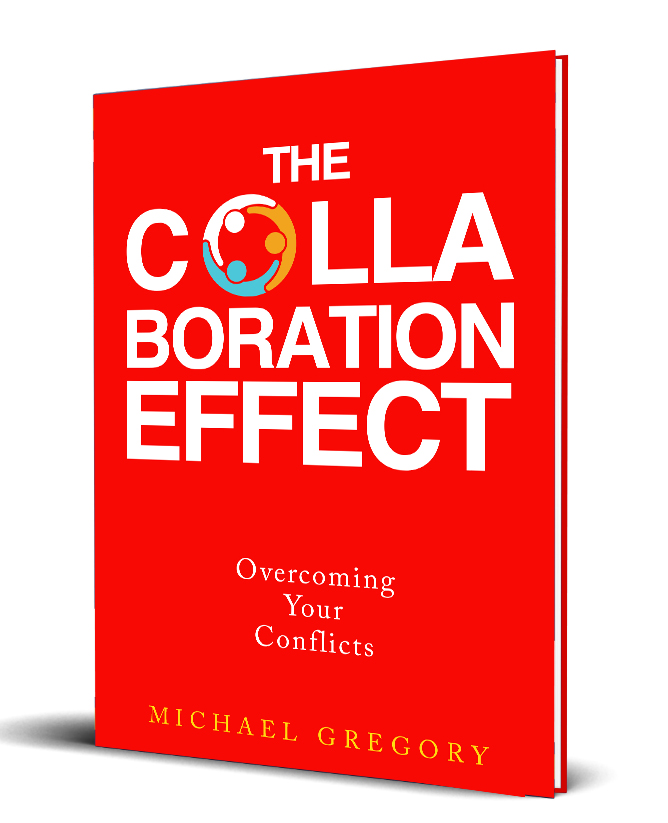
Have you ever wondered why people have a hard time talking about money? Want to know how to negotiate better around money? When in a conflict how does a mediator help each side come closer together when money is involved? Money is an emotional topic. Why is that? So, what can you do to prepare yourself better for a negotiation or mediation when money is involved? Read on and learn more. This may help you with the other party the next time money is involved.
Why do people have a hard time talking about money?
In our society money is a material element by which we judge things. Think about comparisons with salary, houses, cars, clothes, and other material things. The key word is comparisons. If you are satisfied with self, role, image, and needs, this may not be a major issue for you. Most people think they would be better off if they simply had 25% more. About 80% of Americans believe they would be happier if they had more money. So, money is important. Why is it hard to talk about?
For some it’s a feeling of a lack of financial literacy and feeling inadequate to discuss money. They may have hated math, have limited experience with money, and in general simply don’t like to talk about money. There may be psychological, societal, or cultural norms that make it unacceptable. There is a question about what is normal and accepted.
There are many reasons why this may be hard.
Others may fear being seen as materialistic or greedy. Bringing up the topic can be the grounds for an attack. In a recent volunteer mediation in Housing Court dealing with rent money the tenant called the landlord greedy for wanting the full months’ rent with the tenant moving out before the end of the month. Perspective matters.
There can be privacy concerns that individuals do not want divulge information about their finances. One of the advantages of mediation is that it is confidential which can sometimes help in negotiations.
As a bottom line, for what ever reasons, some people are simply not comfortable about talking about money.
Want to know how to better negotiate around money?
First and foremost, listen. Listen to the other party to understand where they are coming from regarding money. Understand their position, their feelings, and their interests. Explore what is behind their perspective and situation.
Focus on the problems. Often when someone states it is not about the money, it is about the money. However, it is all about something emotional that is deeper. This can be very hard for some people because they are intrinsically and emotionally tied to their or their firm’s money. Be hard on the problem and be gentle on the people.
Make use of The Collaboration Effect and
work to develop an authentic, connecting relationship with the other party.
Listen actively to what the other party is saying. Don’t interrupt. Avoid judgment. Instead focus on paraphrasing, asking open ended questions, summarizing, and empathizing with the other party. Really take the time to listen. When someone has been listened to, they are more apt to listen to you. Then it is time to educate them the way they want to be educated instead of how you want to educate them.
Sometimes the old adage of persistence pays. Other times, you may be better off simply walking away if you cannot at least meet your Best Alternative to a Negotiated Agreement (BATNA). Consider taking a break. Ask additional clarifying questions about the other party’s concerns and emotions associated with money.
Bring on board an expert to help you. You may not have the expertise, but bringing on an expert to help you can help you gain insight and understanding to make a better determination.
How does a mediator help the parties when money is involved?
Mediation can be evaluative, transformative, or facilitative. Evaluative is when an expert listens to both sides and then provides what they believe to be the best alternative as a starting point to the mediation process. Transformative mediation takes place when parties are trying to transform a relationship such as in a difficult divorce. Facilitative mediation is often used in business when parties are looking for help to resolve a financial situation business to business, business to government, or within businesses.
The mediator works with the parties to help them make a determination that they own.
The mediator may take different postures to assist with de-escalation, to help the parties to come up with ways to allow them to fix the situation, to be a referee by being fair, firm, and friendly, and/or to help the parties uncover hidden agendas or unexpected concerns. For example, with de-escalation techniques the mediator may be firm on controlling the situation followed by being fair and ensuring a functional process for the parties. The mediator fosters trust and helps guide the parties towards effective communication and collaboration so that the parties can come to an agreement that each party can live with for closure.
What can you do to prepare yourself for a better negotiation or mediation around money?
Preparation is key. Work with someone else if necessary to prepare yourself with the facts, what you see as the issues from your and their perspective, the emotion you and they have around these various issues, and what you see as your interests and their interests going into the negotiation or mediation.
Center yourself to de-escalate your self so that you can focus on the financial issues. Do not make this personal. Explore what your triggers are and give yourself positive self-talk to not become angry when triggered.
Develop alternatives ahead of time.
For example, you know your position. What is their position or what do you expect is their position? Determine your Best Alternative to a Negotiated Agreement (BATNA) so that if you don’t reach an agreement to at least BATNA you are prepared to walk away. Then develop alternatives (3 for example) between your BATNA and your position. Working this process will give you ideas to work off of during the process.
Consider risk and reward. How much is this really worth to you? Is it worth the risk for what you will be obtaining. Consider the mental and physical toil this is having on you. How important is this negotiation and the result?
Conclusion
Four questions were presented regarding how to talk about money in a negotiation or mediation. Hopefully the ideas presented here will help you the next time you enter into a potential conflict on this topic. Let me know what you think.
About the author
Mike Gregory is a professional speaker, an author, and a mediator. You may contact Mike directly at mg@mikegreg.com and at (651) 633-5311. Mike has written 12 books (and co-authored two others) including his latest book, The Collaboration Effect: Overcoming Your Conflicts, and The Servant Manager, Business Valuations and the IRS, and Peaceful Resolutions that you may find helpful. [Michael Gregory, ASA, CVA, MBA, Qualified Mediator with the Minnesota Supreme Court]

